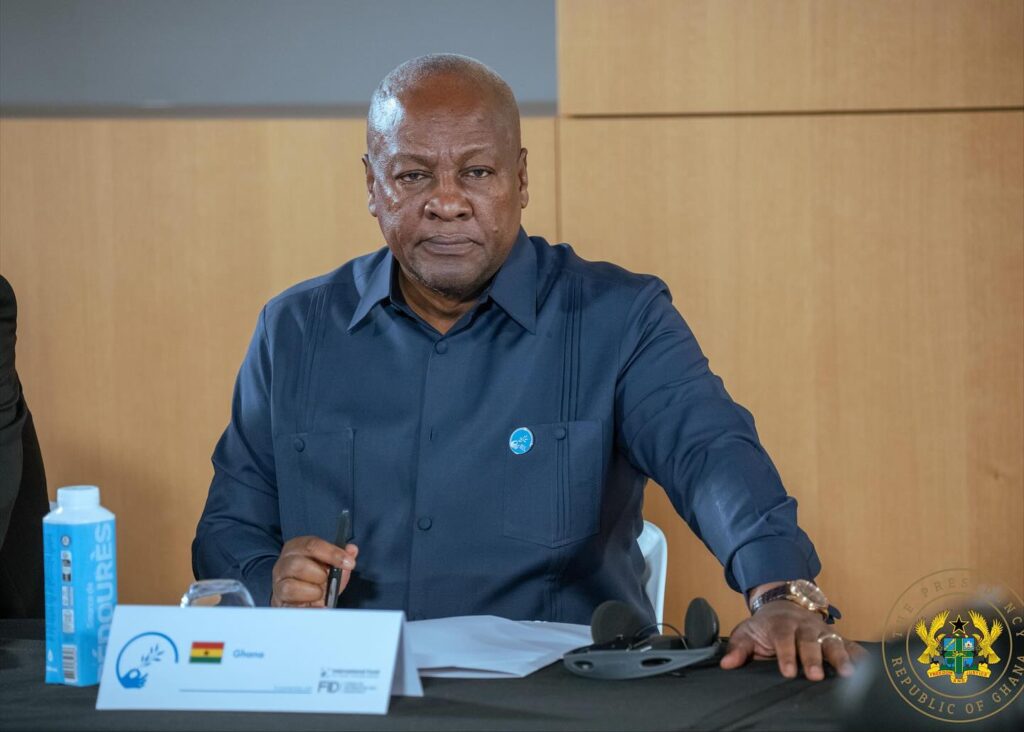…Promises Assent After Passage
By Nelson Ayivor
President John Dramani Mahama of Ghana has pledged his support for the Human Sexual Rights and Family Values Bill, commonly referred to as the LGBTQ bill, indicating his readiness to sign it into law once it successfully navigates the parliamentary process.
During a recent meeting with the Christian Council of Ghana, Mahama reiterated his government’s alignment with the council’s stance on the bill, which has been a focal point in the nation’s ongoing discourse surrounding human rights and family values.
The bill, initially introduced in 2021 by ten members of Parliament as a private member’s proposal, has garnered significant backing from various sectors, including traditional and religious leaders, as well as civil society organizations. Its popularity among the general public has further underscored the significant social support it enjoys.
Mahama detailed the legislative journey of the bill, which underwent numerous amendments influenced by insights from religious and traditional authorities before ultimately being approved by Parliament in February 2024. However, despite its parliamentary passage, the bill’s progress was halted due to legal challenges that prevented it from being forwarded to the president for assent.
“You are all aware of what happened the last time during the past administration,” Mahama noted. “There was a legal tussle, and someone filed an injunction against Parliament to prevent the Speaker from submitting the bill to me for assent.”
He explained the constitutional stipulation that any bill left unsigned by the president by the end of a parliamentary session automatically lapses. Consequently, the LGBTQ bill will need to be reintroduced and officially laid before Parliament again, a process that Mahama confirmed will proceed with the Speaker’s cooperation.
The president emphasized his commitment to Ghana’s social values: “If you want the position of my government, marriage is between a man and a woman; a person’s gender is determined at birth. The family is the foundation of our nation.” He stressed the clarity and firmness of his administration’s beliefs, assuring his alignment with the Christian Council on these matters.
As the legislative process unfolds, Mahama indicated that Parliament would provide a platform for further amendments or adjustments to be proposed by its members. However, he maintained that once the bill is passed again, his commitment to sign it into law remains steadfast. “If the Parliament of the people of Ghana endorses the bill and sends it to me, I will sign it,” he stated.
Yet, concerns linger regarding the potential international backlash from the bill’s approval, particularly affecting Ghana’s foreign relations and financial partnerships. Similar apprehensions emerged in 2024 when the legislation was initially passed, prompting the Ministry of Finance to warn of potential losses in external funding.
As President Mahama reassures both the Christian Council and Ghanaians at large of his commitment, the fate of the LGBTQ bill remains to be seen as it reenters the parliamentary arena and awaits further deliberation.


